Home>Gardening & Outdoor>Landscaping Ideas>When Is The Best Time To Plant Grass Seed In North Carolina
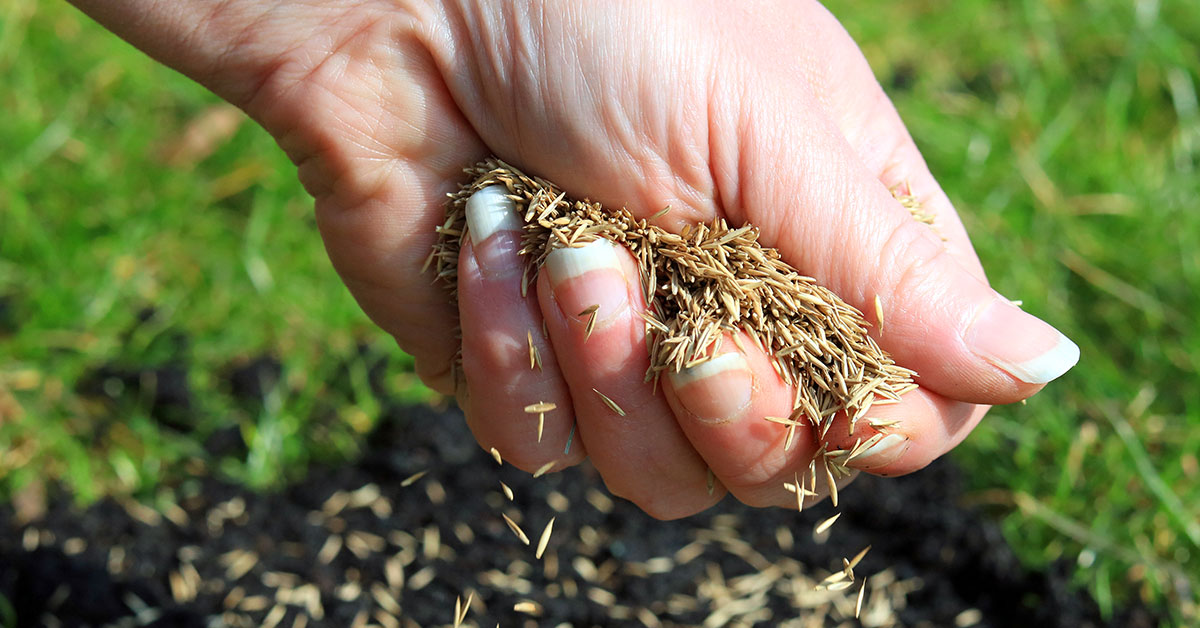

Landscaping Ideas
When Is The Best Time To Plant Grass Seed In North Carolina
Modified: October 18, 2024
Discover the ideal time for planting grass seed in North Carolina with our expert landscaping ideas. Enhance your lawn with our tips and guidance.
(Many of the links in this article redirect to a specific reviewed product. Your purchase of these products through affiliate links helps to generate commission for Storables.com, at no extra cost. Learn more)
Introduction
Welcome to the beautiful state of North Carolina, where the diverse landscape and temperate climate create an ideal environment for cultivating lush, green lawns. Whether you’re a seasoned gardener or a novice enthusiast, understanding the best time to plant grass seed in North Carolina is essential for achieving a thriving and vibrant lawn. By delving into the nuances of North Carolina’s climate and considering various factors that impact grass seed planting, you can harness the full potential of your landscaping endeavors.
In this comprehensive guide, we will explore the optimal timing for planting grass seed in North Carolina, shedding light on the key considerations and offering valuable tips to ensure successful germination and growth. So, let’s embark on this green-fingered journey and unlock the secrets to a flourishing lawn in the Tar Heel State.
Key Takeaways:
- Timing is crucial for planting grass seed in North Carolina. Late summer to early fall is best for cool-season grasses, while late spring to early summer suits warm-season grasses.
- Factors like soil preparation, grass species selection, and watering strategy are vital for successful grass seed planting in North Carolina. Tailoring these factors to your lawn’s unique characteristics is key.
Understanding North Carolina Climate
North Carolina’s climate is characterized by its diverse topography, ranging from the coastal plains to the mountainous regions, resulting in a variety of microclimates across the state. Generally, North Carolina experiences a humid subtropical climate in the eastern part of the state, transitioning to a more continental climate in the western mountainous areas.
Summers in North Carolina are typically hot and humid, while winters vary in severity, with the coastal areas experiencing milder winters compared to the mountainous regions. The state also encounters a moderate amount of rainfall throughout the year, with some areas prone to periodic drought conditions.
Understanding the climate patterns in North Carolina is crucial for determining the best time to plant grass seed. Factors such as temperature, precipitation, and seasonal variations play a pivotal role in the success of grass seed germination and establishment. By aligning grass planting activities with the nuances of North Carolina’s climate, you can optimize the conditions for a healthy and resilient lawn.
Best Time to Plant Grass Seed in North Carolina
Choosing the optimal time to plant grass seed in North Carolina is essential for fostering robust and thriving lawns. The ideal window for grass seed planting in North Carolina largely depends on the specific region within the state and the type of grass being cultivated. As a general guideline, the best time to plant grass seed in North Carolina is during the late summer to early fall, typically between mid-August and mid-October.
During this period, North Carolina experiences milder temperatures and more consistent rainfall, creating favorable conditions for grass seed germination and establishment. The soil remains warm from the summer heat, promoting rapid seedling growth, while the cooler air temperatures reduce the stress on newly emerging grass. Additionally, the autumn months often bring increased precipitation, providing essential moisture for the developing grass roots.
It’s important to note that the best time for planting grass seed can vary based on the specific grass species. Cool-season grasses, such as Kentucky bluegrass, fescue, and ryegrass, thrive when planted in the early fall, benefiting from the moderate temperatures and ample moisture. On the other hand, warm-season grasses like Bermuda grass and Zoysia grass are best planted in late spring to early summer, as they require warmer soil temperatures to germinate and establish effectively.
By aligning the planting schedule with the recommended timing for each grass type, homeowners and landscapers can maximize the chances of successful germination and long-term lawn vitality. Understanding the nuances of the different grass species and their growth requirements is crucial for making informed decisions about the best time to plant grass seed in North Carolina.
The best time to plant grass seed in North Carolina is in the late summer or early fall, between mid-August and mid-September. This allows the seeds to establish before the winter and thrive in the following spring.
Factors to Consider When Planting Grass Seed
When preparing to plant grass seed in North Carolina, several key factors should be taken into account to ensure the best possible outcomes for your lawn. Understanding and addressing these factors can significantly impact the success of grass seed germination and the long-term health of your turf. Let’s explore the essential considerations when planting grass seed in North Carolina:
- Soil Preparation: Before planting grass seed, it’s crucial to assess the soil composition and make any necessary amendments. North Carolina’s soil varies across different regions, with some areas having sandy soil while others feature clay-based soil. Incorporating organic matter, such as compost, can improve soil structure and fertility, providing an optimal environment for grass seed germination.
- Grass Species Selection: Choosing the right grass species for your specific location and lawn requirements is vital. Consider factors such as sunlight exposure, soil type, and climate resilience when selecting the most suitable grass species for your North Carolina lawn. Cool-season grasses and warm-season grasses have distinct growth characteristics, and understanding their individual traits is essential for successful establishment.
- Climate Adaptability: North Carolina’s diverse climate necessitates selecting grass species that are well-adapted to the local conditions. Consider the temperature fluctuations, precipitation patterns, and seasonal variations in your region when choosing grass varieties that can thrive in the specific microclimate of your lawn.
- Watering Regimen: Establishing a consistent watering regimen is critical for supporting the germination and early growth of grass seed. Adequate moisture is essential for seedling development, especially during the initial stages of establishment. Be mindful of local water restrictions and aim to water in the early morning or late afternoon to minimize evaporation.
- Weed Control: Addressing weed issues before planting grass seed is essential for preventing competition and promoting the healthy growth of newly established grass. Consider implementing pre-emergent weed control measures and removing existing weeds to create a favorable environment for grass seed germination.
- Maintenance Practices: Planning for post-planting maintenance, including mowing, fertilization, and pest control, is crucial for the long-term health of your lawn. Establish a maintenance schedule that aligns with the specific needs of the grass species you’ve planted, ensuring ongoing care and support for a vibrant and resilient lawn.
By carefully considering these factors and tailoring your approach to the unique characteristics of your lawn and local environment, you can set the stage for successful grass seed planting in North Carolina, ultimately yielding a lush and enduring lawn that enhances the beauty of your outdoor space.
Tips for Successful Grass Seed Planting
Embarking on a grass seed planting endeavor in North Carolina requires thoughtful planning and meticulous execution to ensure the best possible results. By incorporating the following tips into your grass planting strategy, you can optimize the conditions for successful germination and establish a resilient and verdant lawn:
- Timing Is Key: Align your grass seed planting schedule with the recommended timing for the specific grass species you intend to cultivate. For cool-season grasses, aim to plant in the late summer to early fall, while warm-season grasses thrive when planted in late spring to early summer.
- Soil Preparation: Prior to planting, prepare the soil by removing debris, aerating compacted areas, and incorporating organic matter to improve soil structure and fertility. Conduct a soil test to assess nutrient levels and pH, and make any necessary amendments based on the results.
- Seed Distribution: Ensure even seed distribution across the planting area to promote uniform germination and growth. Use a seed spreader or hand-cast the seeds, taking care to avoid overlapping or leaving gaps in coverage.
- Seed-to-Soil Contact: Enhance seed germination by ensuring good contact between the grass seeds and the soil. Raking the seeds lightly into the soil or using a roller can facilitate this crucial connection, promoting efficient water absorption and root development.
- Watering Strategy: After planting, establish a consistent watering routine to keep the soil moist but not waterlogged. Water the seeded area lightly multiple times a day to maintain adequate moisture for germination, gradually transitioning to deeper, less frequent watering as the grass seedlings emerge and mature.
- Monitoring and Care: Keep a close eye on the seeded area, monitoring for signs of germination and adjusting your watering schedule as needed. Protect the emerging seedlings from foot traffic and minimize disturbances to promote healthy growth.
- Weed Management: Implement proactive weed control measures to prevent weed competition and support the establishment of the grass seedlings. Consider using mulch or a light covering of straw to deter weed growth while providing insulation and moisture retention for the developing seeds.
- Post-Planting Maintenance: Once the grass seedlings have established, transition to a regular maintenance routine, including mowing, fertilization, and pest control. Tailor your maintenance practices to the specific needs of the grass species you’ve planted, nurturing a robust and vibrant lawn.
By embracing these tips and integrating them into your grass seed planting approach, you can set the stage for a successful and enduring lawn in North Carolina, where the lush greenery adds beauty and vitality to your outdoor landscape.
Conclusion
As we conclude our exploration of the best time to plant grass seed in North Carolina, it becomes evident that the key to a thriving lawn lies in understanding the nuances of the state’s climate, selecting the right grass species, and implementing strategic planting and maintenance practices. North Carolina’s diverse topography and climate variations necessitate a tailored approach to grass seed planting, ensuring that the unique characteristics of each region are taken into account.
By recognizing the optimal timing for grass seed planting, typically in the late summer to early fall for cool-season grasses, and late spring to early summer for warm-season grasses, homeowners and landscapers can capitalize on the favorable conditions for germination and establishment. Additionally, considering factors such as soil preparation, grass species selection, climate adaptability, and post-planting maintenance is crucial for nurturing a resilient and verdant lawn in North Carolina.
As you embark on your grass seed planting journey, remember to embrace the tips and insights shared in this guide, from meticulous soil preparation to strategic watering and maintenance practices. By harmonizing these elements, you can cultivate a lush and enduring lawn that elevates the beauty of your outdoor space and provides a welcoming retreat for family and friends.
Ultimately, the process of planting grass seed in North Carolina is a harmonious blend of science, art, and dedication, culminating in the creation of a vibrant and thriving lawn that enhances the natural splendor of the Tar Heel State. With a deep understanding of the local climate and a mindful approach to grass seed planting, you can cultivate a landscape that flourishes throughout the seasons, embodying the timeless allure of North Carolina’s outdoor beauty.
Frequently Asked Questions about When Is The Best Time To Plant Grass Seed In North Carolina
Was this page helpful?
At Storables.com, we guarantee accurate and reliable information. Our content, validated by Expert Board Contributors, is crafted following stringent Editorial Policies. We're committed to providing you with well-researched, expert-backed insights for all your informational needs.
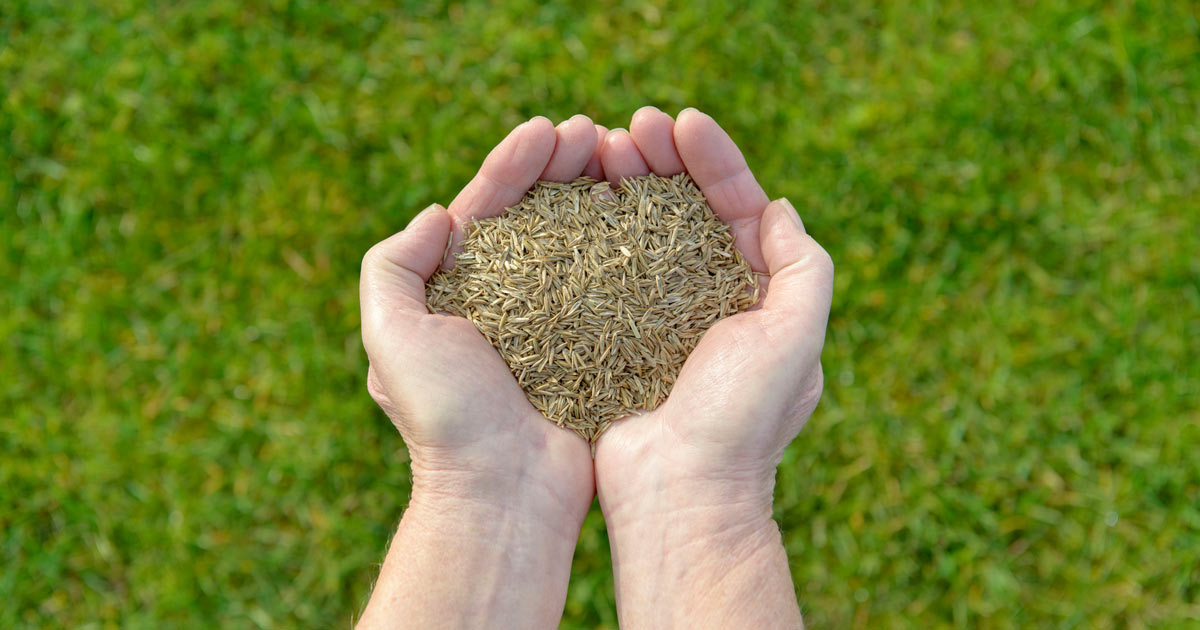
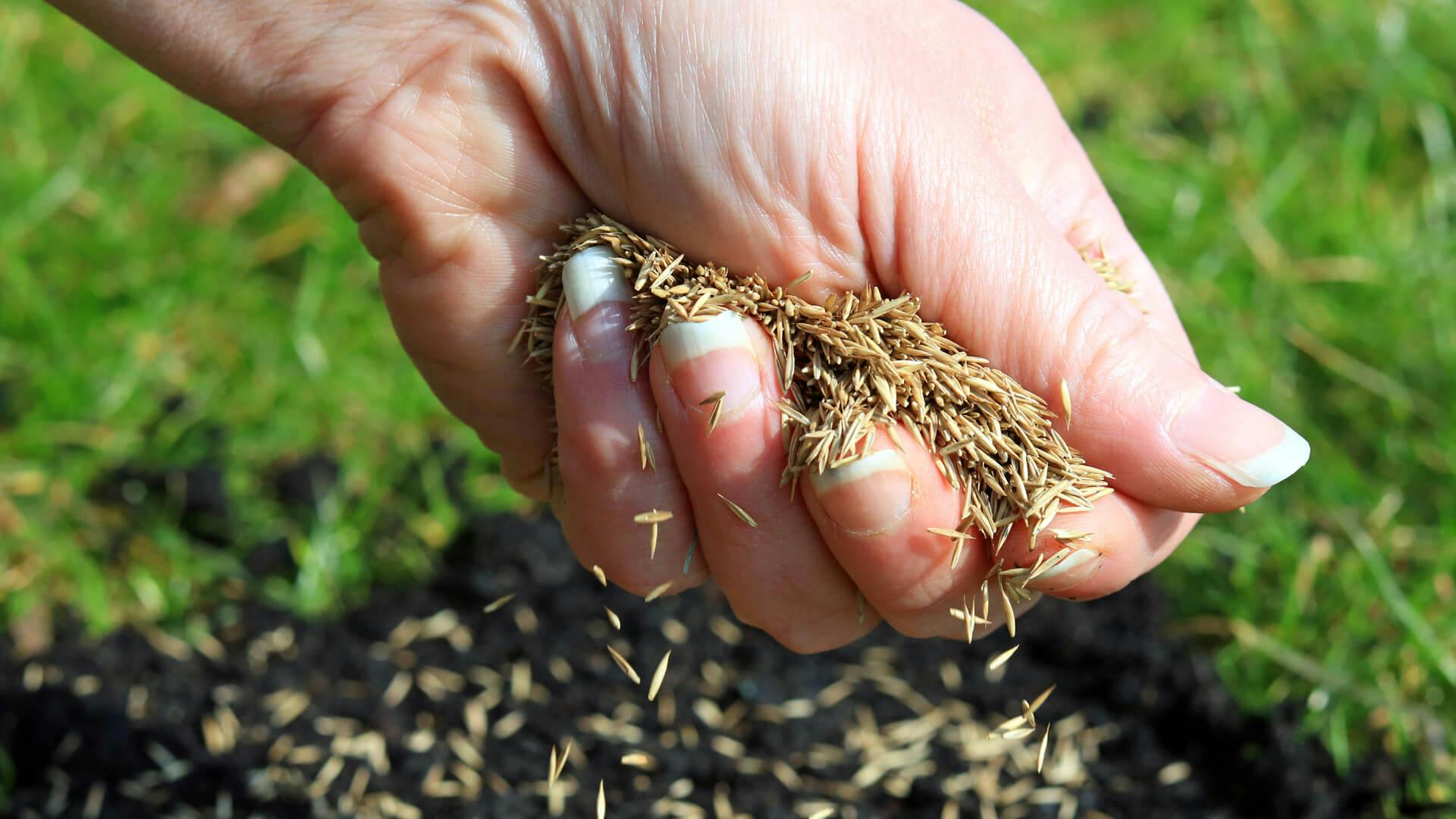
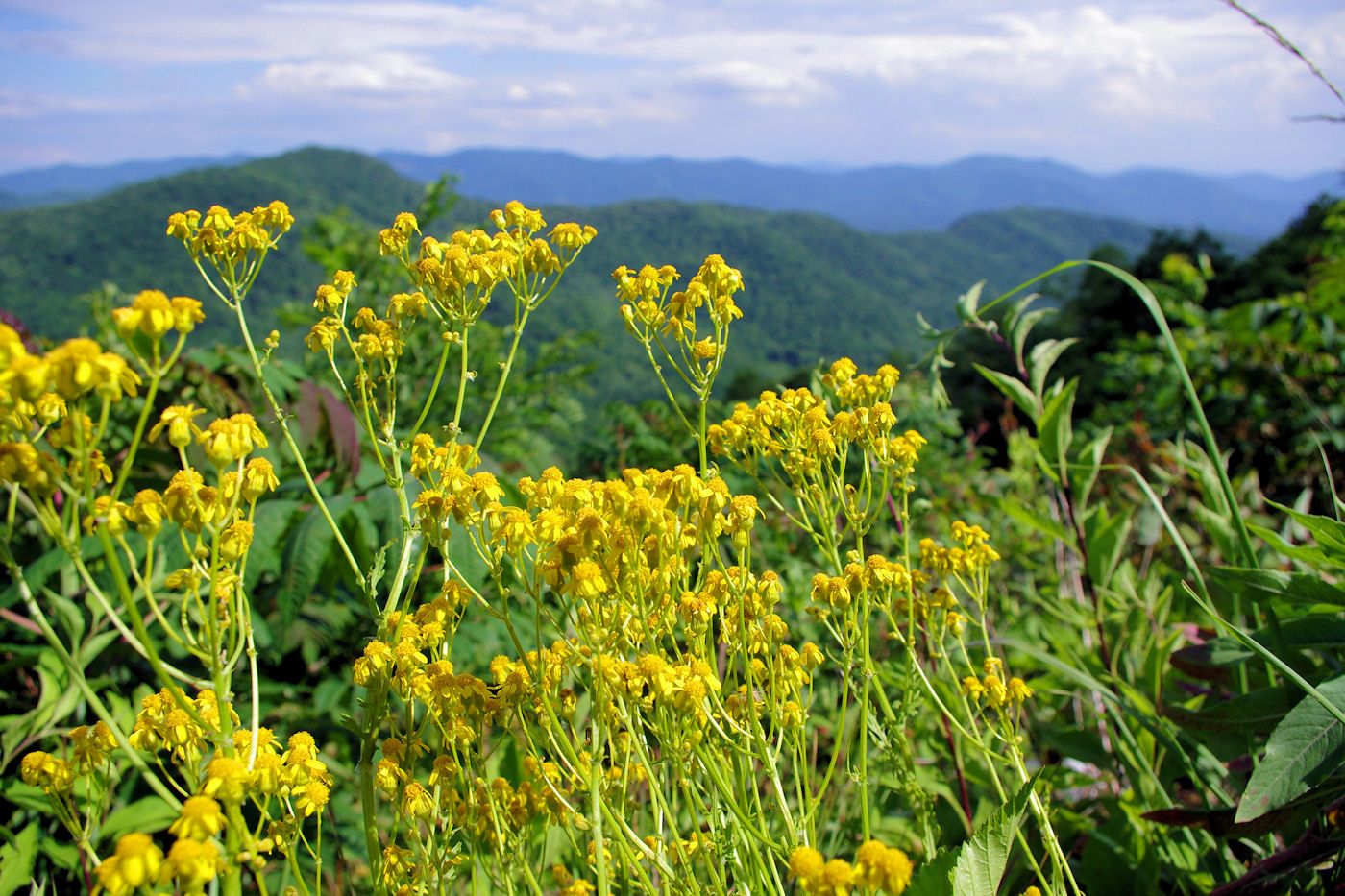


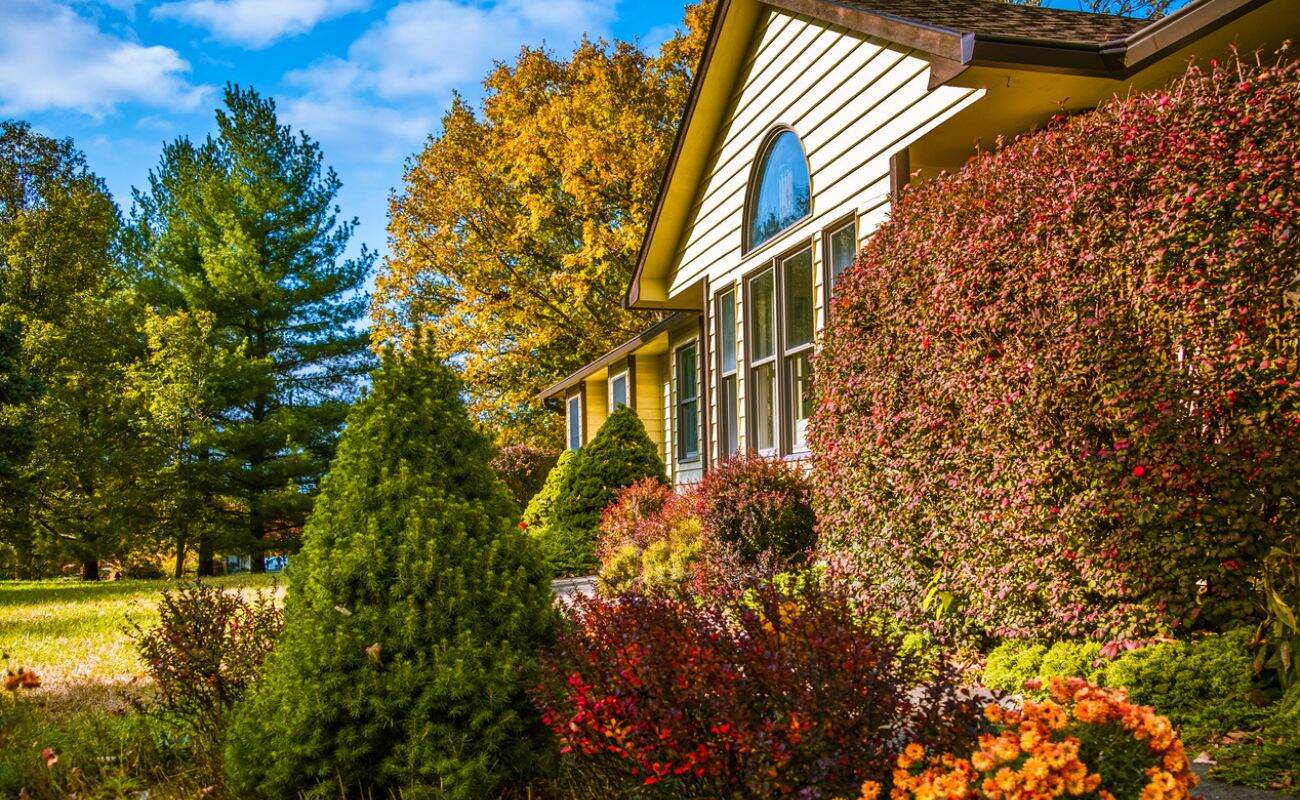
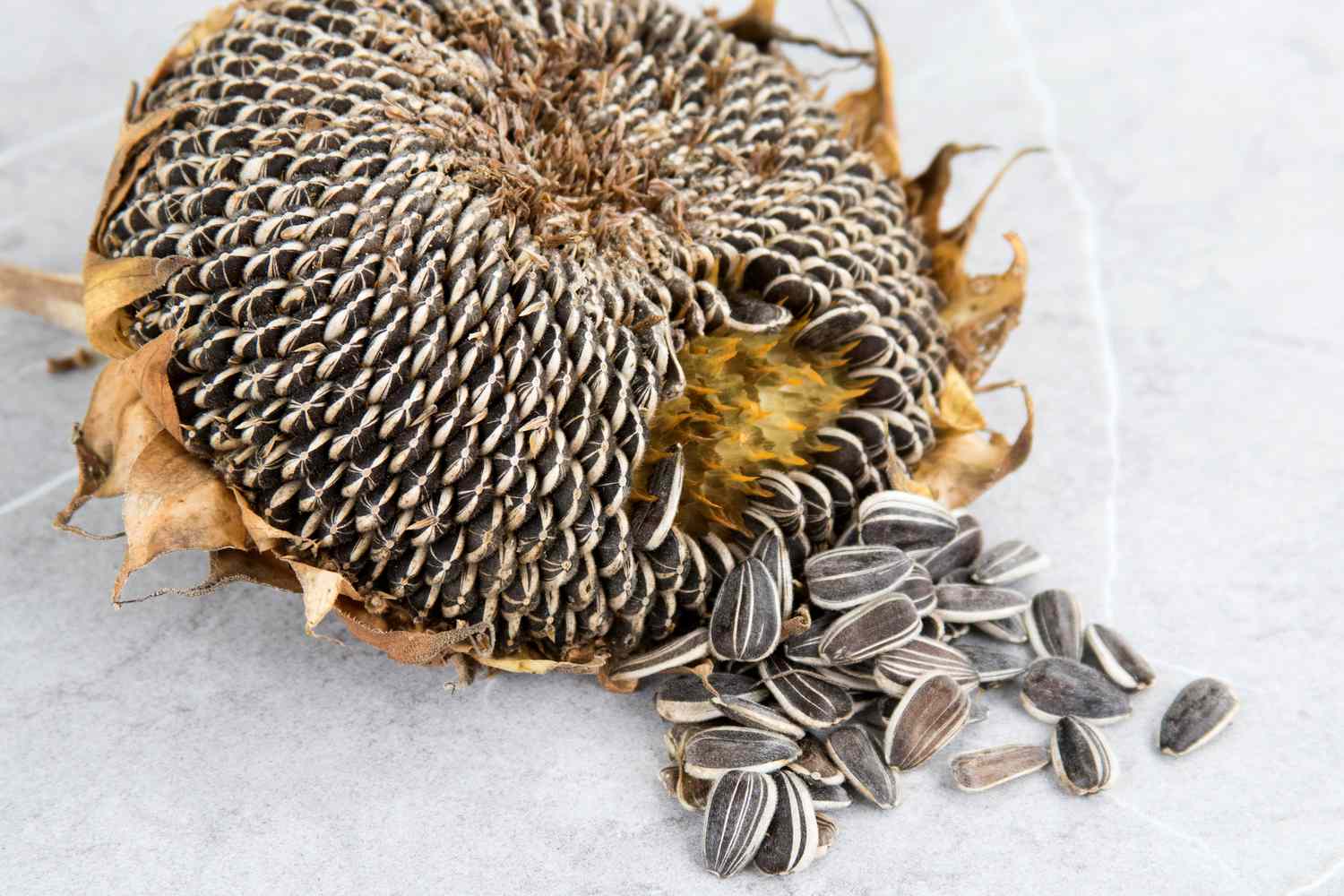
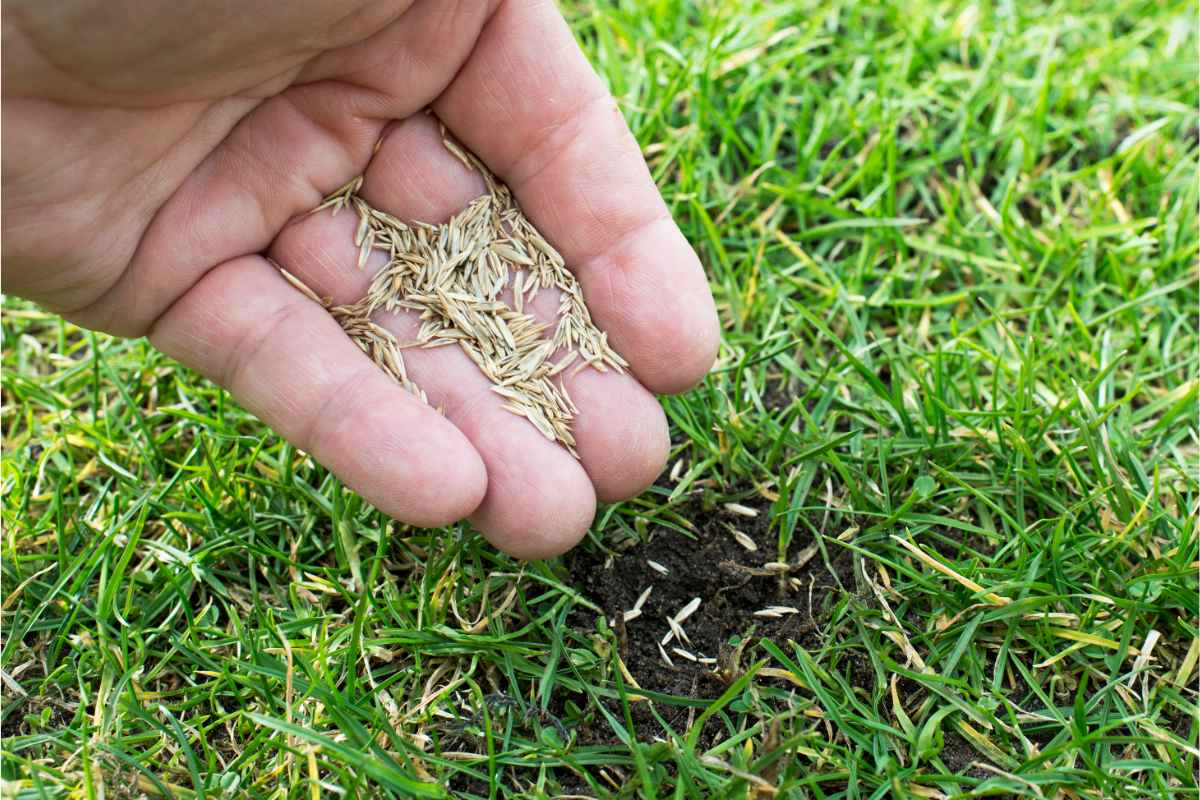
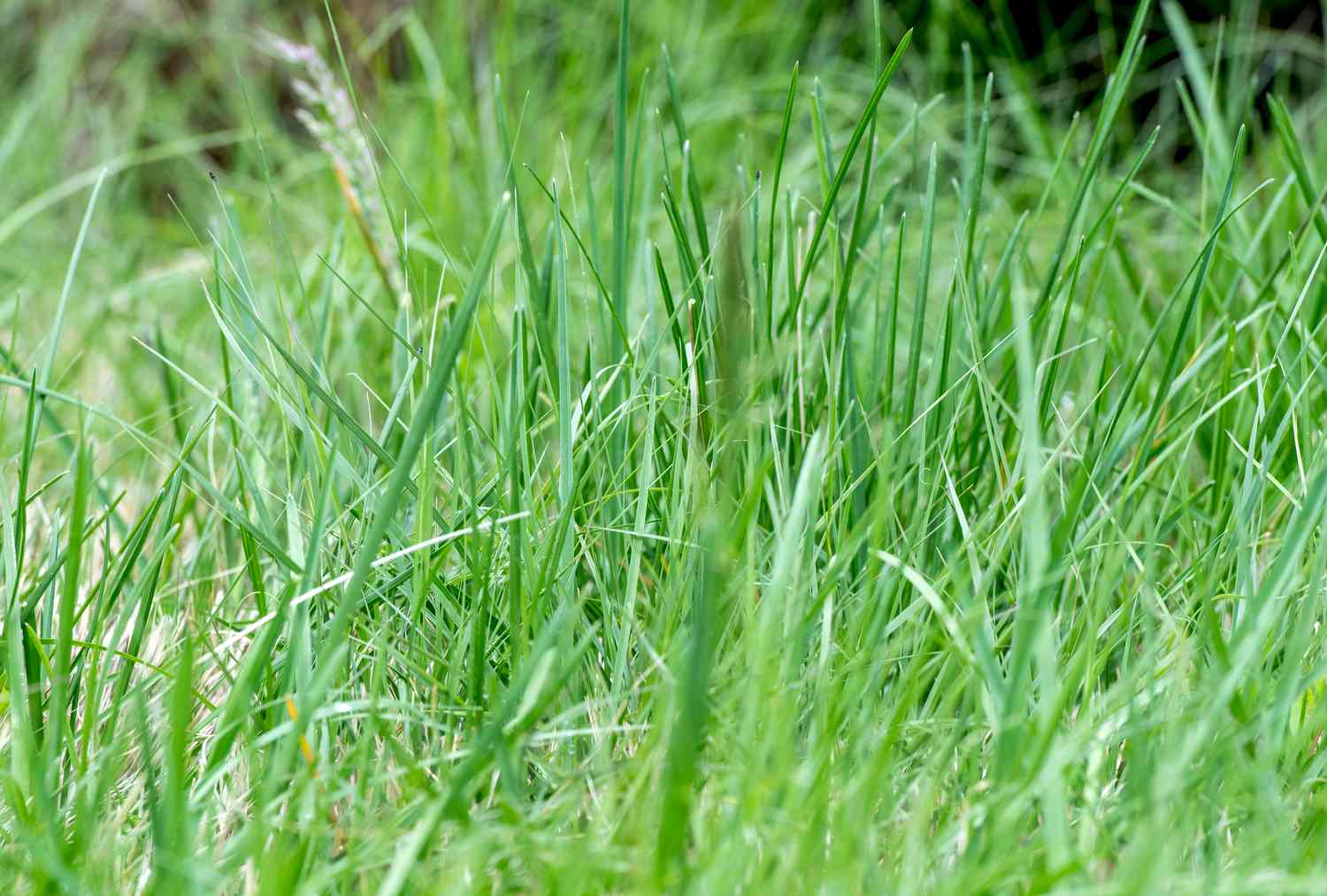
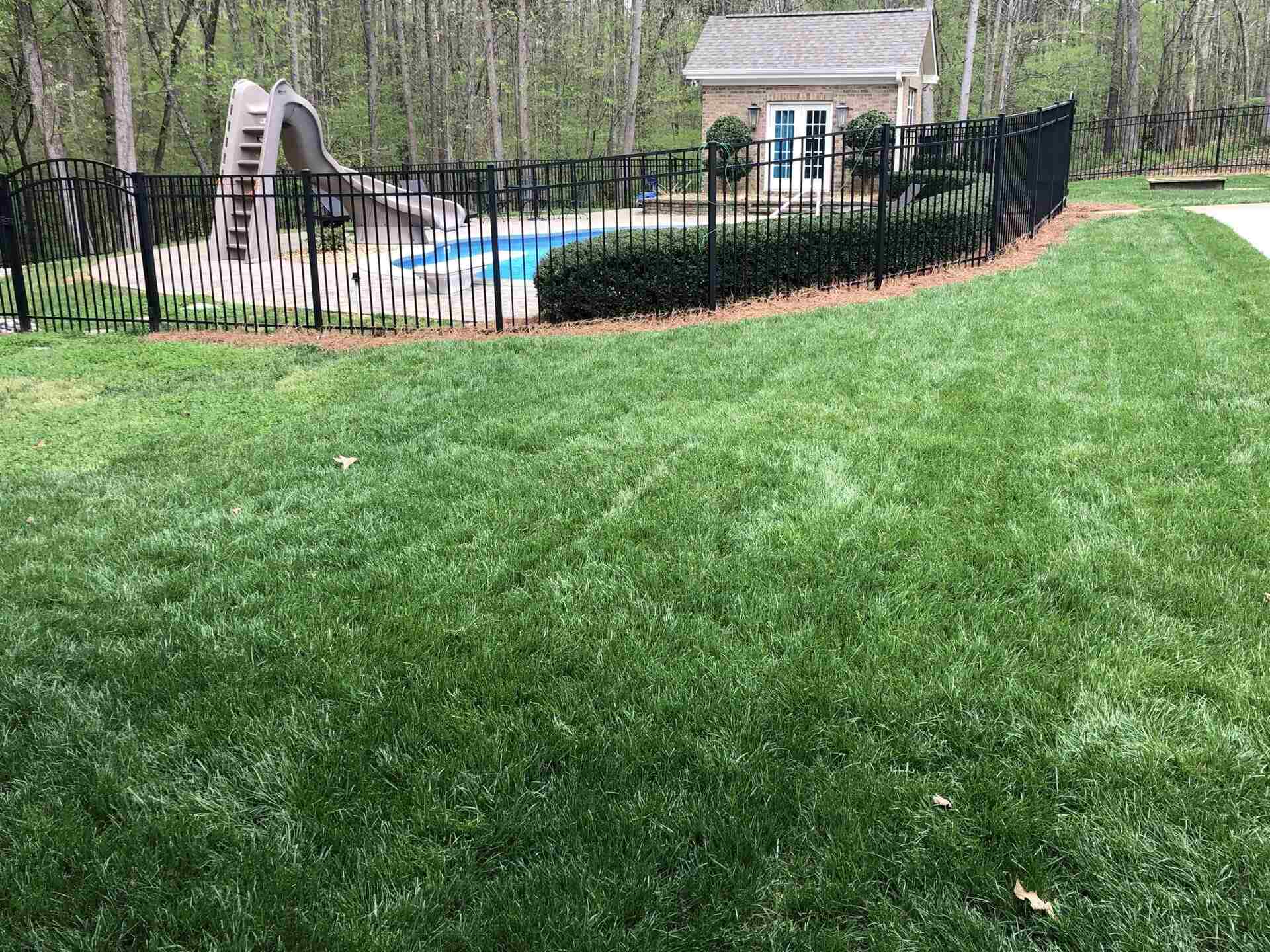
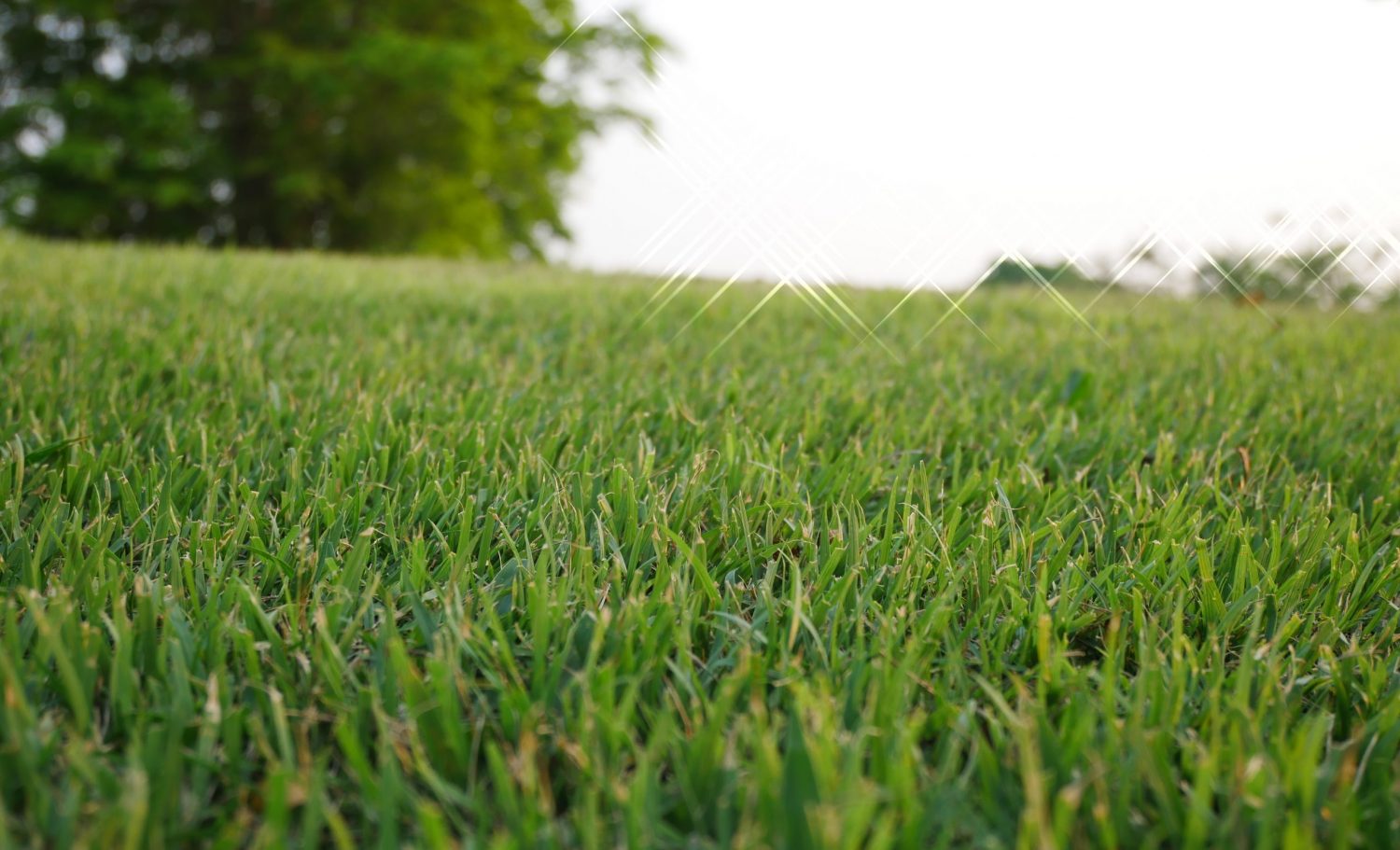
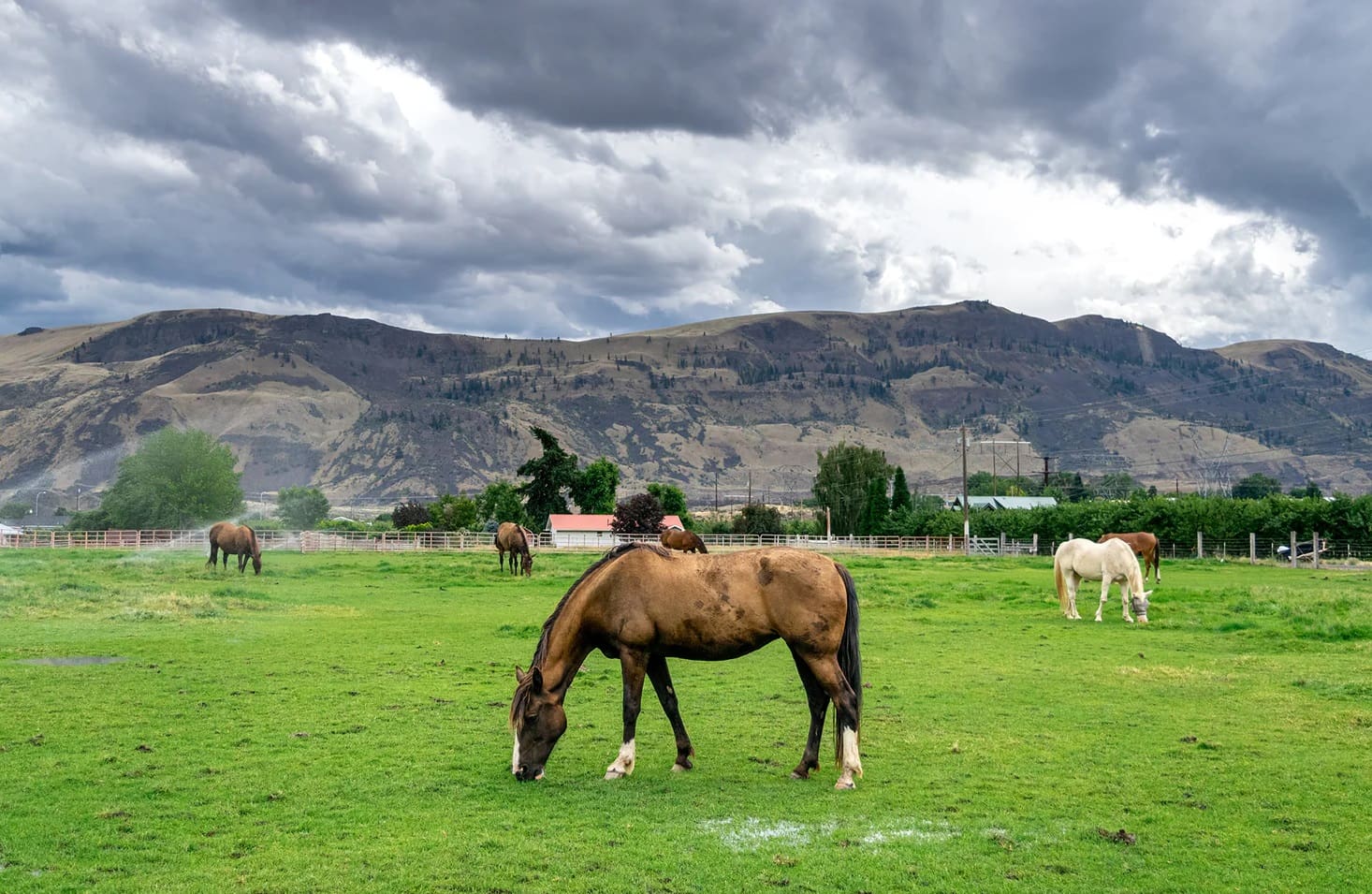
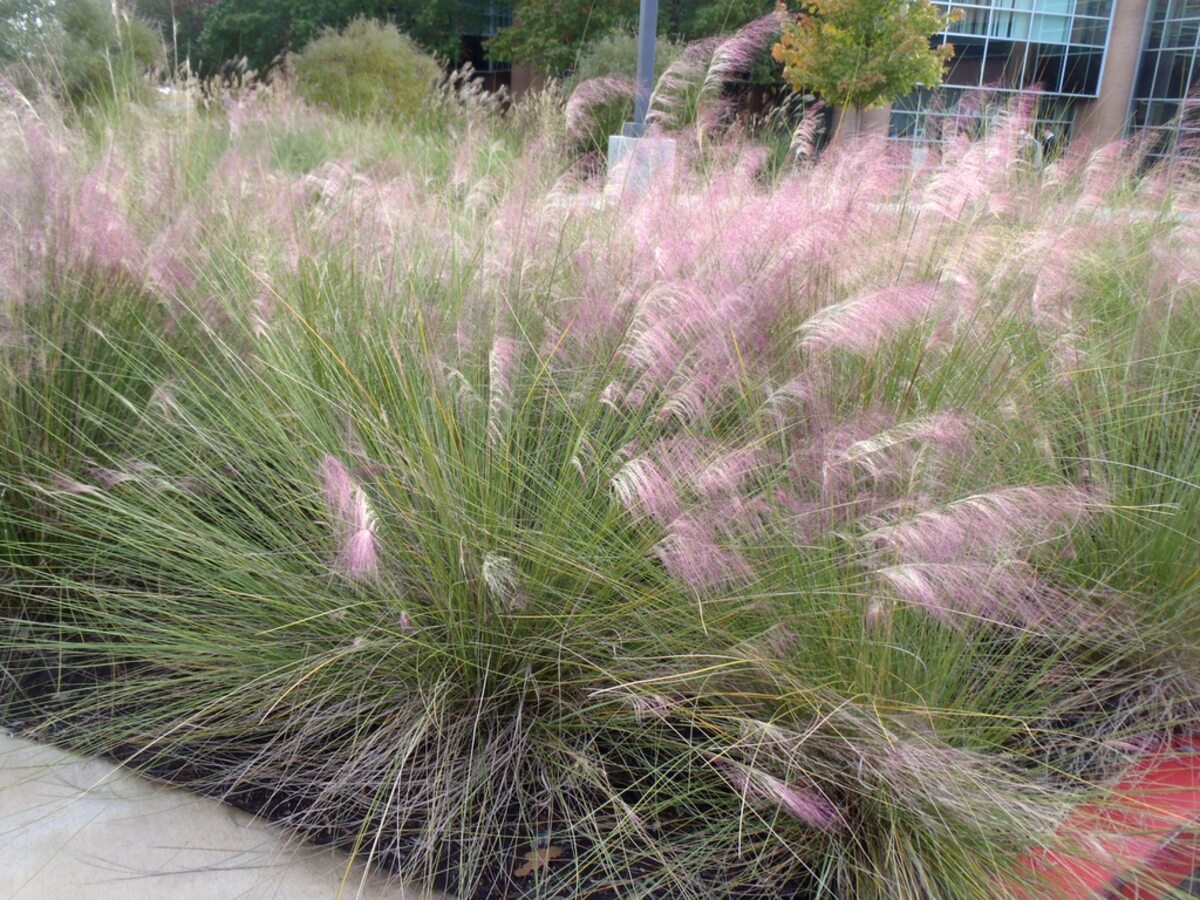
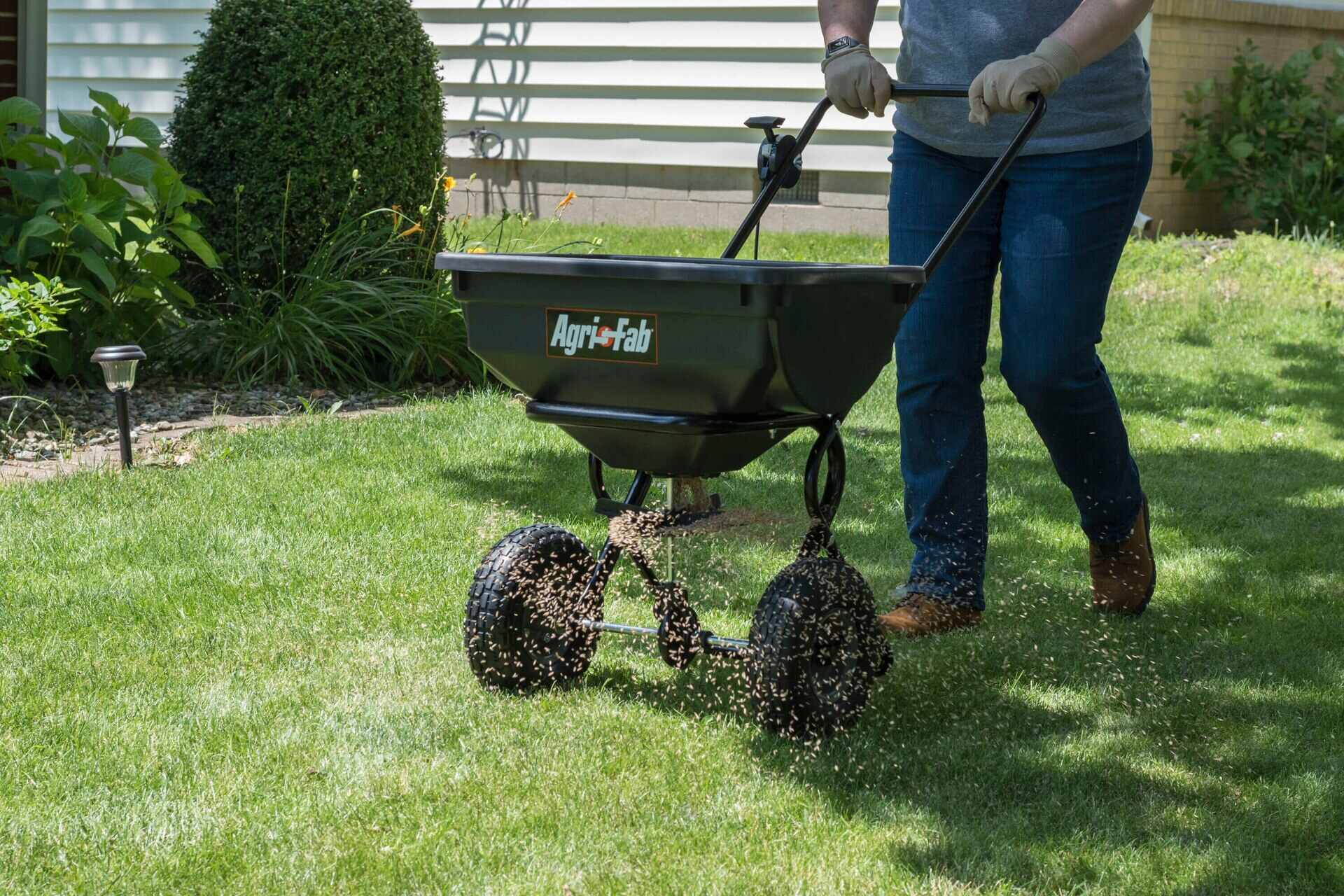

0 thoughts on “When Is The Best Time To Plant Grass Seed In North Carolina”